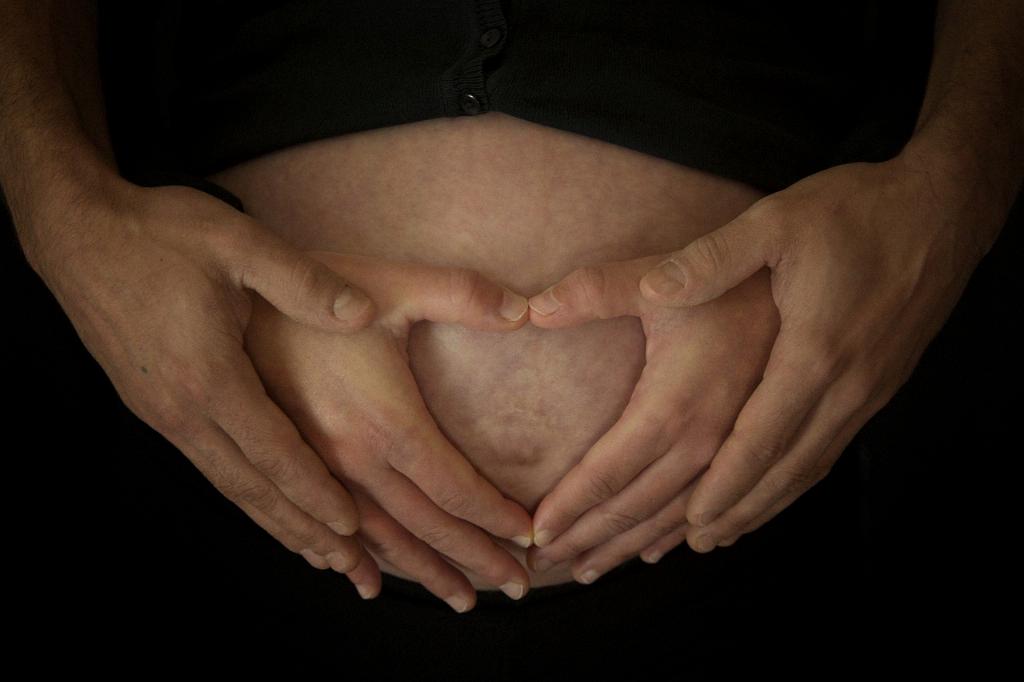High blood pressure after pregnancy, also known as postpartum hypertension, is a common concern for many women. It is important to understand the factors that contribute to this condition and how it can affect your health.
1. Hormonal Changes
During pregnancy, your body undergoes significant hormonal changes to support the growth and development of the baby. After giving birth, these hormonal levels fluctuate, which can impact your blood pressure regulation.
2. Fluid Retention
Fluid retention is another common occurrence during pregnancy. After giving birth, your body starts to eliminate excess fluids, which can lead to a temporary increase in blood pressure.
3. Stress and Lack of Sleep
The postpartum period can be physically and emotionally demanding, leading to increased stress levels and lack of adequate sleep. These factors can contribute to elevated blood pressure readings.
4. Preexisting Conditions
If you had high blood pressure or preeclampsia during pregnancy, you are at a higher risk of developing postpartum hypertension. It is essential to monitor your blood pressure closely in the weeks following childbirth.
5. Medications and Pain Relief
Some medications, such as NSAIDs, used for pain relief after childbirth can affect blood pressure levels. It is essential to consult with your healthcare provider before taking any medications.
6. Lifestyle Factors
Diet, exercise, and stress management play a crucial role in maintaining healthy blood pressure levels. Making lifestyle changes can help control postpartum hypertension and improve overall well-being.
7. Lack of Physical Activity
Physical inactivity postpartum can contribute to weight gain and increased blood pressure. Engaging in light exercises can help improve circulation and lower blood pressure levels.
8. Dietary Choices
A diet high in sodium and processed foods can exacerbate high blood pressure. Opt for a balanced diet rich in fruits, vegetables, and whole grains to support cardiovascular health.
9. Dehydration
Dehydration can lead to electrolyte imbalances and spike blood pressure levels. Stay hydrated by drinking an adequate amount of water throughout the day.
10. Genetics and Family History
Genetic factors and family history of hypertension can increase your risk of developing high blood pressure after pregnancy. Be aware of your family medical history and discuss it with your healthcare provider.
11. Postpartum Check-ups
Regular postpartum check-ups are essential for monitoring blood pressure levels and addressing any concerns promptly. Your healthcare provider will assess your overall health and provide guidance on managing postpartum hypertension.
12. Seeking Support
Coping with high blood pressure after pregnancy can be challenging. Reach out to your support system, including family, friends, and healthcare professionals, for guidance and assistance in managing this condition.

